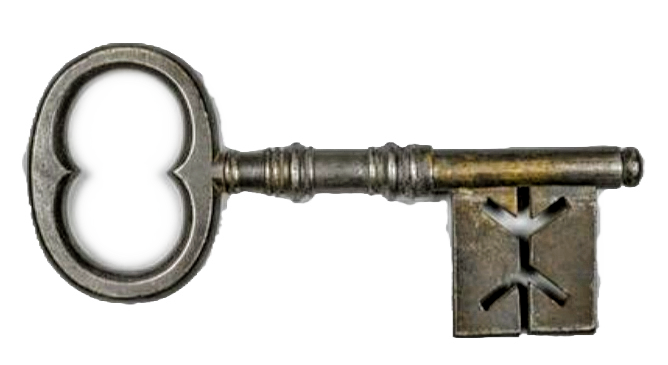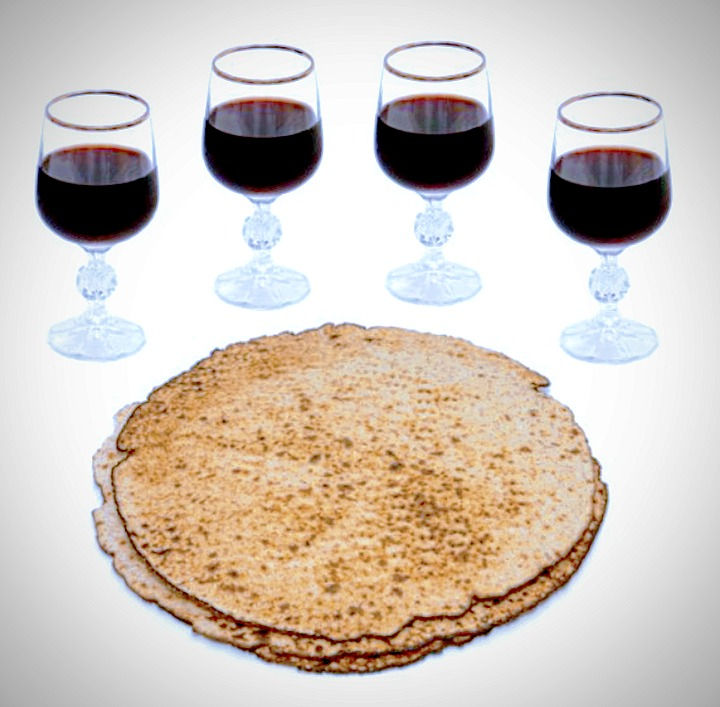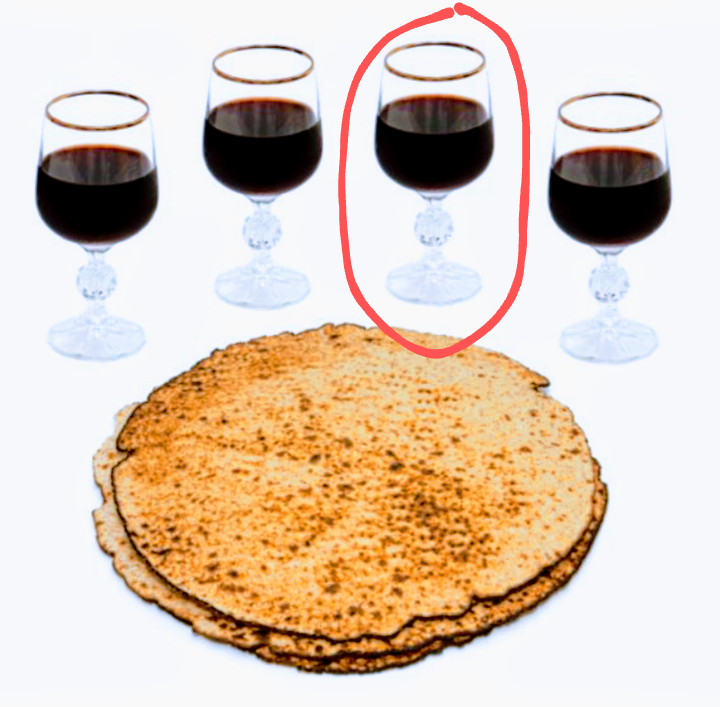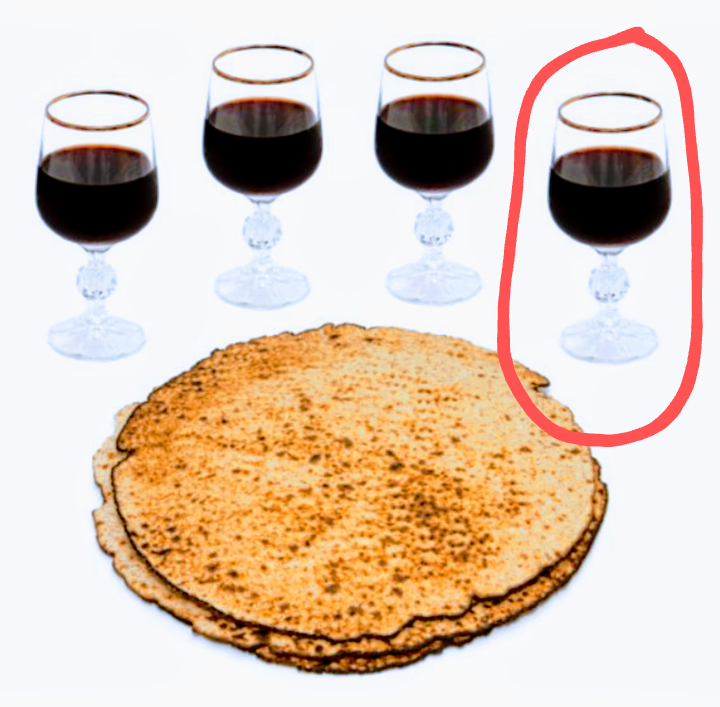
Orthodox : Sound in Christian faith; believing the genuine doctrines taught in the Scriptures; opposed to heretical; as an Orthodox Christian. - Webster's 1828 Dictionary
Some may feel that articles published on this blog may occasionally stray into being "unorthodox" in how Biblical passages are explained. And i will agree that perspectives are often given that do stray from what is commonly taught in this modern age; but my conviction is to not only interpret Scripture by using Scripture but to also draw from and be faithful to how Jesus actually LIVED out what we read. Feeding from the beautiful HARMONY from which both reading and watching Scripture produce.
If today's Church was actually "in tune" with the message that God has given to humanity, then our lives, families, and society would look much different than they do now.
So, "Yes" to Biblical orthodoxy and "No" to the orthodoxy of people's traditions.
God SPEAKS to us as a loving Father communicates to a young child.
He uses stories and illustrations, connects the complex to the simple, and gives us memory aids so as not to forget.
But all too often, people transition into routine and fail to grasp the profound treasure that it is meant to instill within both thought and action.
One such Teaching and Memory Aid is COMMUNION.
Weekly, monthly, quarterly, or annually, we see the beautiful domed trays stacked before the pulpit, and we all know what that means. Or do we?
Prior to, or directly after the sermon, we line up and make our way to a small wafer and cup of juice. Some may even tear bread from a loaf and dip in into a challis (called Intinction).
The bread represents the Body of Christ given for us, the juice represents the Blood of Christ shed for the remission of our sins... and we are NEVER to forget the ultimate price that our Redeemer paid on our behalf.
In fact, we (despite age, gender, nationality, ability) derive our true worth from this very act of our Creator and Lord.
SIDENOTE: What is your car really worth? Exactly what someone (the highest bidder) is willing to pay for it... and not a cent more.
Jesus forever established our value by the price He was willing to pay.
And Communion helps us to ALWAYS remember that.

Understanding the First COMMUNION

This picture is not a Communion service for 4 people, it depicts the first Communion service ever conducted... the Lord's Supper.
You may say... "No, that is part of a Jewish Passover Seder."
My response, "Exactly!!!"
Jesus and His disciples were observing Passover, the annual remembrance of God withholding judgement from those who were marked by the blood of the sacrifice (Exodus 12:23), something that each of these men had done every year of their life.
To understand Christian Communion we must understand Jewish Passover, precisely because these are the elements for which we partake. But our focus here is not expressly the entire Seder, but precisely that 3rd cup and the afikoman (a portion of the second piece of matzo bread, which had been torn, wrapped, and hidden away for after the meal).
Jesus led His disciples through the Passover Observance which consists of 4 cups, drank from during specific times of the Meal.
Jesus said, "I have eagerly desired to eat this Passover with you before I suffer. For I tell you, I will not eat again until it finds fulfillment in the kingdom of God." - Luke 22:15-16
These cups are based upon Exodus 6:6-7... God declared, "I will bring out, I will deliver, I will redeem, and I will take."
The 1st cup of wine is Sanctification, drank at the beginning, after the recital of Kiddush.
The 2nd cup of wine is Deliverance, drank following the retelling of the Passover story.
(The meal is served and consumed prior to the next cup)
The 3rd cup is what we will focus on, but not yet...
Prior to the 3rd (and 4th) cup is dessert.
The Afikoman, which means that which comes after (ergo: dessert).
After the eating of the meal, the head of the household sends the children to find the hidden piece of Matzo. Once retrieved, each participant of the observance will receive an olive sized portion which will be the last bite which finishes the meal.
How amazing...
The Matzo is "unleavened bread", leaven associated with the pervasive effects of sin.
The Matzo is pierced and striped.
The Matzo is always presented by 3 large pieces (Trinity); for which the middle is removed, broken in two, and the larger portion is wrapped in a napkin and hidden by the head of the household.
The Afikoman is found by the children and then shared by the family.
The Afikoman represents the eating of the Ceremonial Sacrifice, which they were unable to do after the destruction of the Jewish Temple.
The Afikoman is to be the final BITE of the Passover Meal.
But while they were eating Jesus took bread, and when He had given thanks, He gave it to His disciples and said, "Take, eat; this is My body which is given for you. Do this in remembrance of Me."
The 3rd cup is Redemption : known as the "Cup of Blessing"... and is drank after the meal.
In the same way He also took the cup after supper, saying, "This is the new covenant in My blood; do this, as often as you drink it, in remembrance of Me." - 1 Corinthians 11:25

EVERY Jewish Passover, up to and including this one which Jesus was leading His disciples in, partakes in this 3rd cup... the cup of Redemption (cup of Blessing).
Up to this moment the disciples were extremely familiar with what was transpiring, they had done this very thing year after year, all of their life.
But that was about to change.
From ancient of days, throughout generations of God's chosen people, for over 600 years, a promise had been passed down, a fulfillment had been hoped for...
"Behold, the days are coming, declares the LORD, when I will make a New Covenant with the house of Israel and the house of Judah, not like the Old Covenant that I made with their fathers on the day when I took them by the hand to bring them out of the land of Egypt, My covenant that they broke, though I was their Husband, declares the LORD." - Jeremiah 31:31-32
While the taste of the Afikoman still lingered in their mouths, Jesus reached for the 3rd cup, and with the Cup of Redemption He declared, "This is the New Covenant in My blood...".
How each of these men must have trembled as they grasped the significance of this moment in time which they were witnessing, and the relevance of this Cup, forever redefined.
"I speak as to sensible people; judge for yourselves what I say. The cup of blessing what we bless, is it not a participation in the blood of Christ? The bread that we break, is it not a participation in the body of Christ? Because there is one bread, we who are many are one body, for we all partake of the one bread." - 1 Corinthians 10:15-17
BUT NOT FINISHED YET
Remember the words Jesus spoke as they partook in drinking the 3rd Cup?
"I tell you I will not drink again of this fruit of the vine until that day when I drink it anew with you in My Father's Kingdom." - Matthew 26:29

For the first time in their life, these men walked away from the Passover table with one glass of wine left untouched.... the 4th cup remained on the table (The Cup of Hallel "Praise or Acceptance").
Now connect the dots.......
As the Cup of Redemption transitioned and found fulfillment in becoming the Blood of the New Covenant, so too does the Passover Feast transform into the Marriage Supper of the Lamb. For which the Bridegroom (Jesus the Christ) will lead us in partaking of this Cup of Praise and of eternal acceptance in Holy Communion with our Lord and Savior.
When we take our wafer and small cup of juice, we do indeed REMEMBER the Body and Blood of Christ given on our behalf... but let us grasp more, just as His disciples did, just as the early church did. That God Incarnate entered into a New Covenant with His people (enabled by His ultimate sacrifice), and that those who have placed their faith in Him will drink that 4th cup of Praise with Him (and to Him), ANEW in the Father's Kingdom!!!

But... "Whoever eats the bread and drinks the cup of the Lord in an unworthy manner will be guilty of sinning against the body and blood of the Lord." - 1 Corinthians 11:27
"Everyone ought to examine themselves before they eat of the bread and drink of the cup." (vs.28)
What aspect of Christ's ultimate sacrifice should turn our attention back to SELF?
What introspection should be evoked by holding the visual aid of Jesus's broken body and shed blood?
Quite simply, each and every time we partake of Communion there should be a somber time of meditation. A time while holding the elements (which represent the amazing extent of Jesus's selfless love for us) in which we gauge our own progress in my "loving one another just as He loved me."
Asking the vital questions,
Is sanctification which leads to a progressive transformation occurring, or am i the same as when i last partook (stagnant)?
How did my last week, month, or year go? To what extent did i love self, compared to how i loved others?
Is He (Christ) becoming more, while i (Self) am becoming less, in both my thoughts and deeds?
Paul rebuked some in the early Church who were loving self (gluttony) with the very elements that are to remind us of Christ's selfless love.
コメント